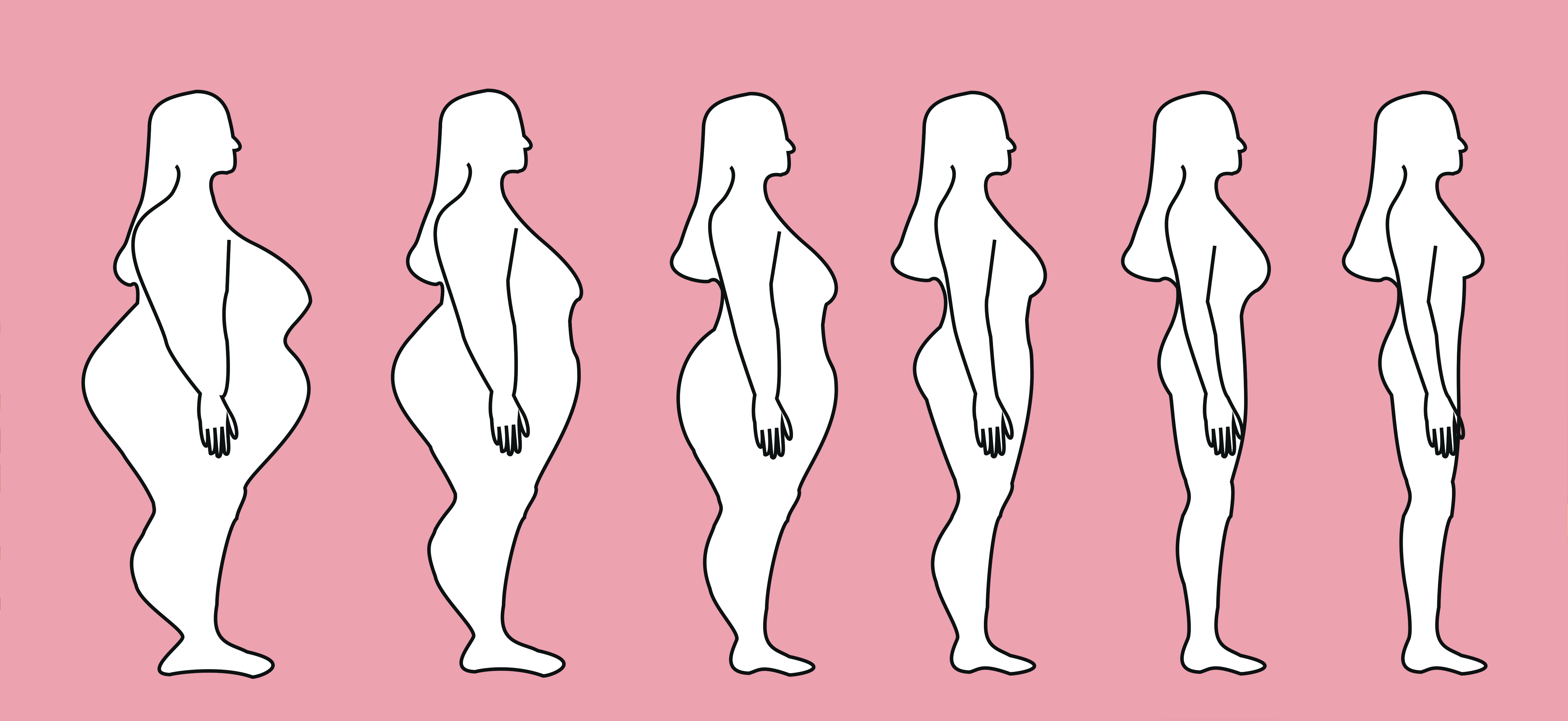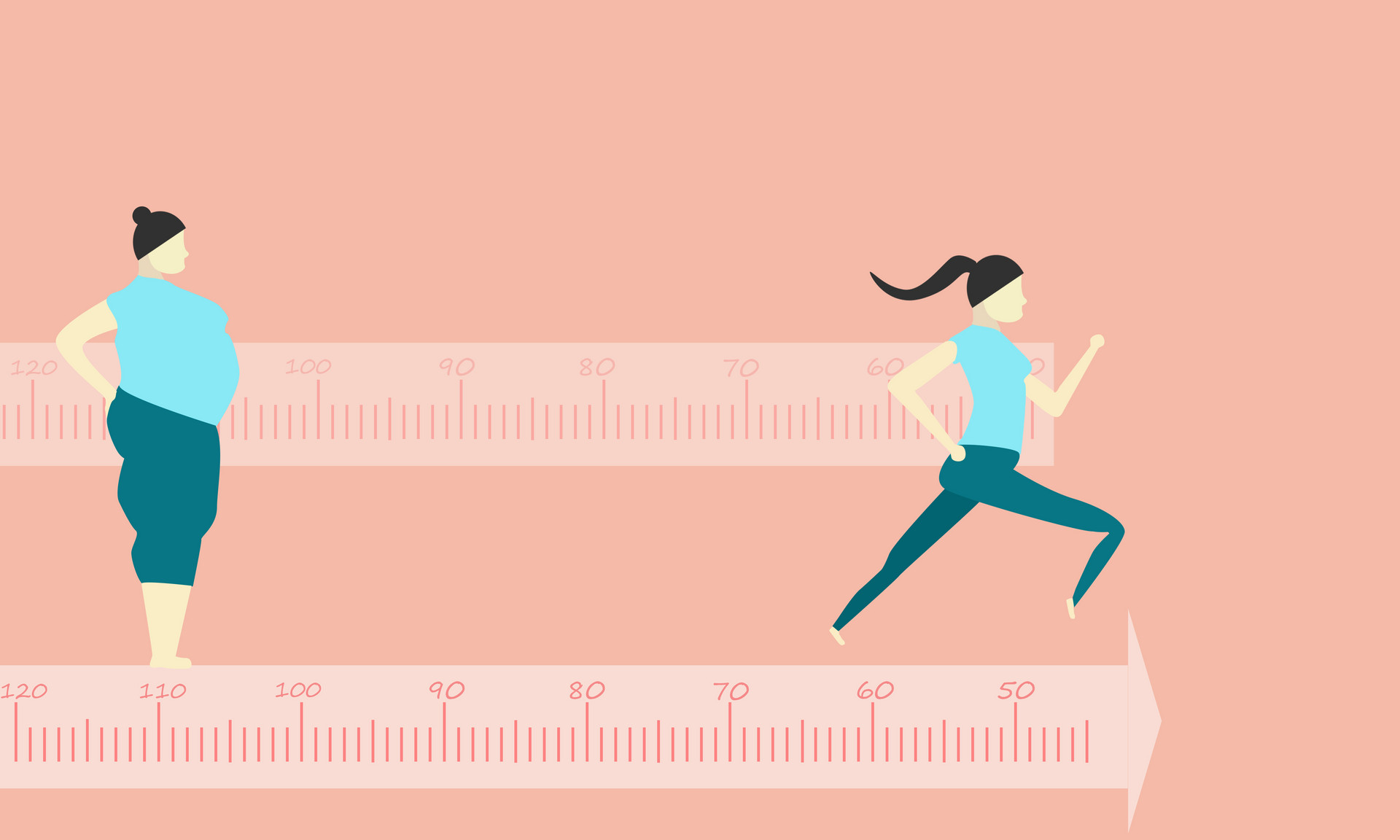Wondering how to lose weight? How can you lose weight in a healthy way? Don't worry, traditional Chinese medicine is a good method of internal regulation. Let me teach you how to lose weight and slim down from the perspective of traditional Chinese medicine. Whether it's through herbal soups or acupuncture, you can achieve healthy and happy weight loss. Losing weight can be simple and easy, so let's take a look!
"In order to be beautiful, I must be thin! But is dieting the only way to lose weight?" In fact, pursuing beauty doesn't necessarily mean having a slim waist. It also emphasizes health. In addition to moderate exercise and a balanced diet, acupuncture, gua sha, and herbal soups in traditional Chinese medicine can help the body achieve a balance of yin and yang. Even the stubborn fat in the abdomen, thighs, calves, and even the arms can be targeted for treatment to gradually eliminate fat and regain an S-shaped figure!
Urban dwellers have a fast-paced lifestyle and rely on restaurant food for their three meals a day. Faced with a variety of delicious food, it's easy to unknowingly eat more. Coupled with a lack of exercise, the seeds of obesity are sown. From the perspective of traditional Chinese medicine, obesity is divided into "secondary obesity" and "simple obesity". The former is caused by diseases and requires targeted treatment (treating the underlying disease), while the latter is simply obesity.
Inherited tendency
Since ancient times, the causes of "simple obesity" have been similar, including genetic factors. Traditional Chinese medicine has long discovered the relationship between genetics and obesity. Simple obesity often has a family history, with a 40% chance of obesity if one parent is obese, and a 60% chance if both parents are obese. Another common factor is diet and exercise habits. Obesity is also known as the "disease of affluence" because excessive calorie intake exceeds expenditure. Eating too quickly, combined with a lack of exercise and excessive sleep, are all causes of obesity.
Perhaps you are already familiar with the above causes, but did you know that emotions are also one of the factors that contribute to obesity? Traditional Chinese medicine believes that "anger injures the liver, and overthinking injures the spleen." Mental stress and emotional instability can affect the hypothalamus, which is responsible for regulating appetite, causing its function to become disordered and increasing personal appetite, leading to obesity. In addition, hormonal imbalance can cause excessive secretion of insulin, leading to fat accumulation, which is also a cause of obesity. Understanding the causes of obesity, the next step is to find ways to solve it.












